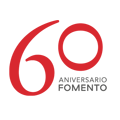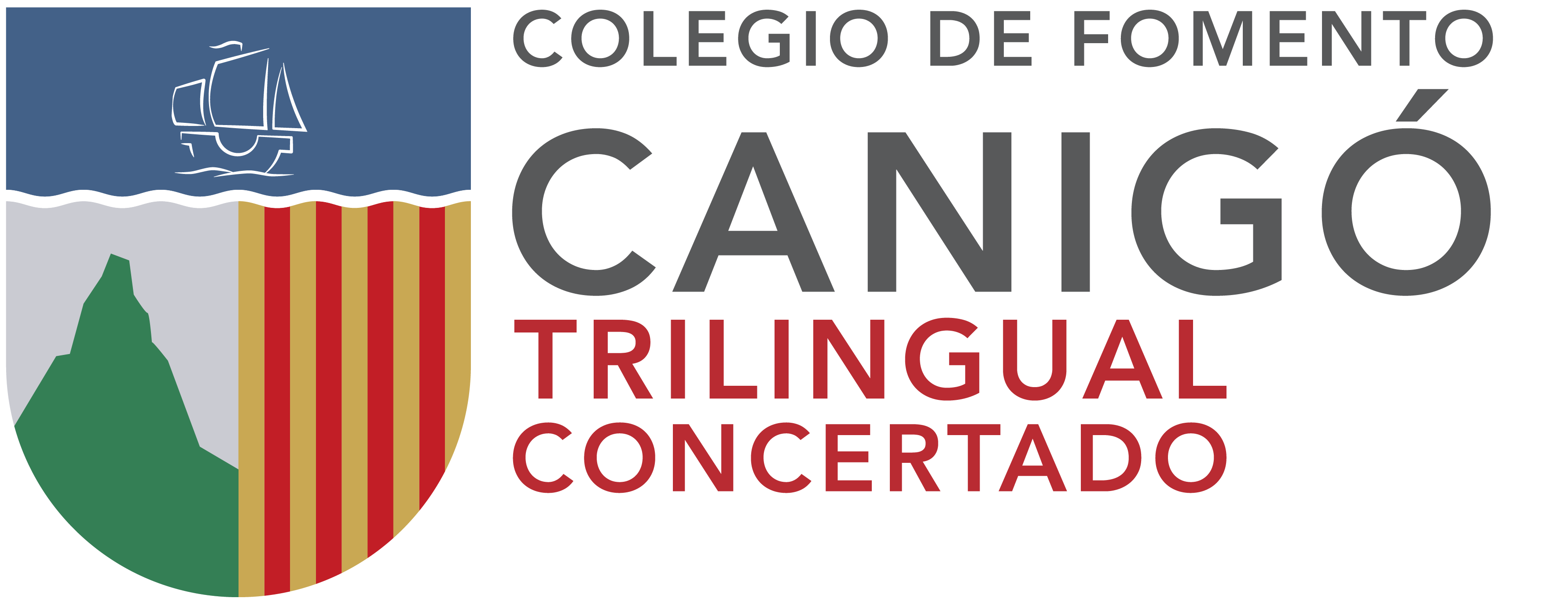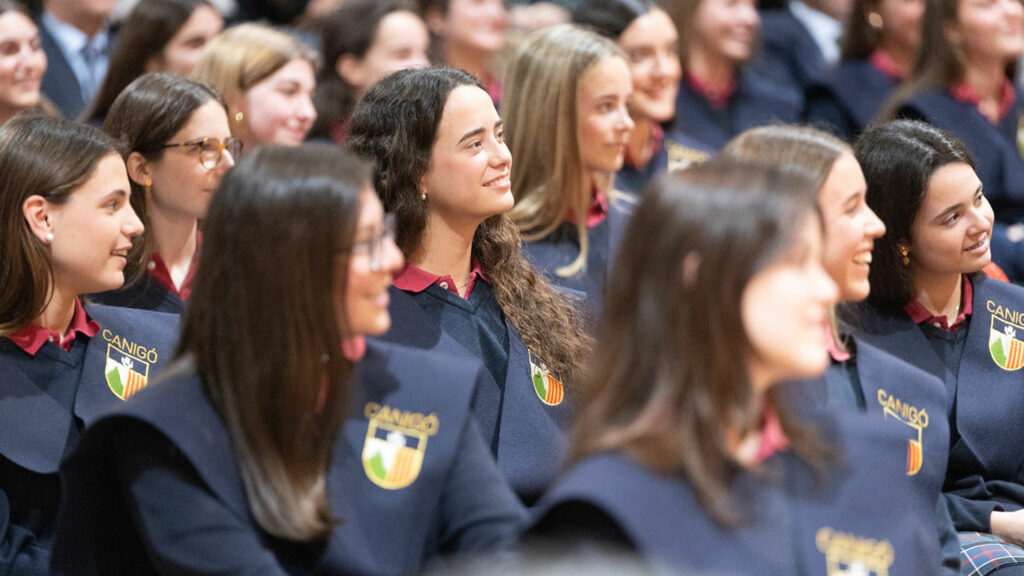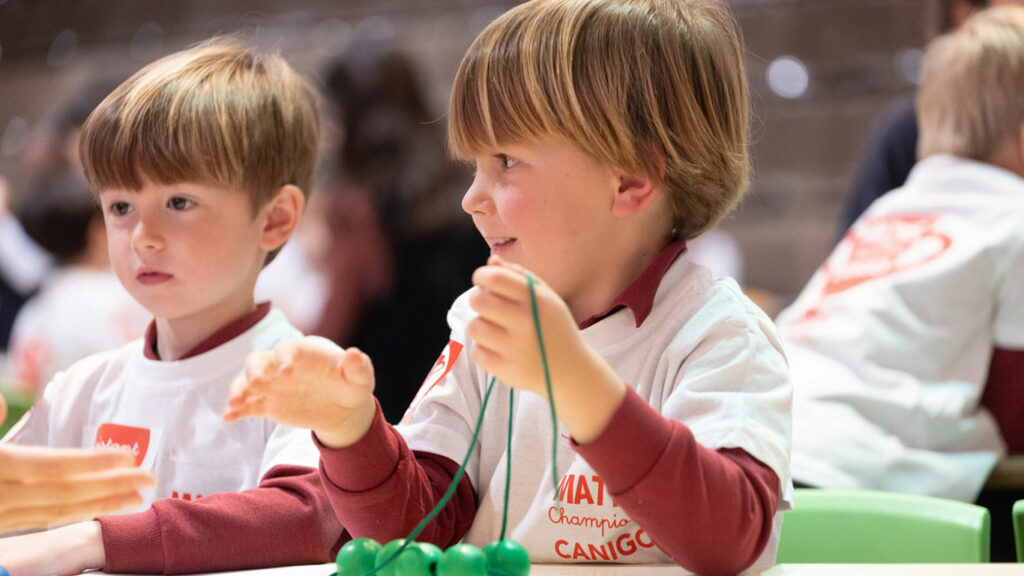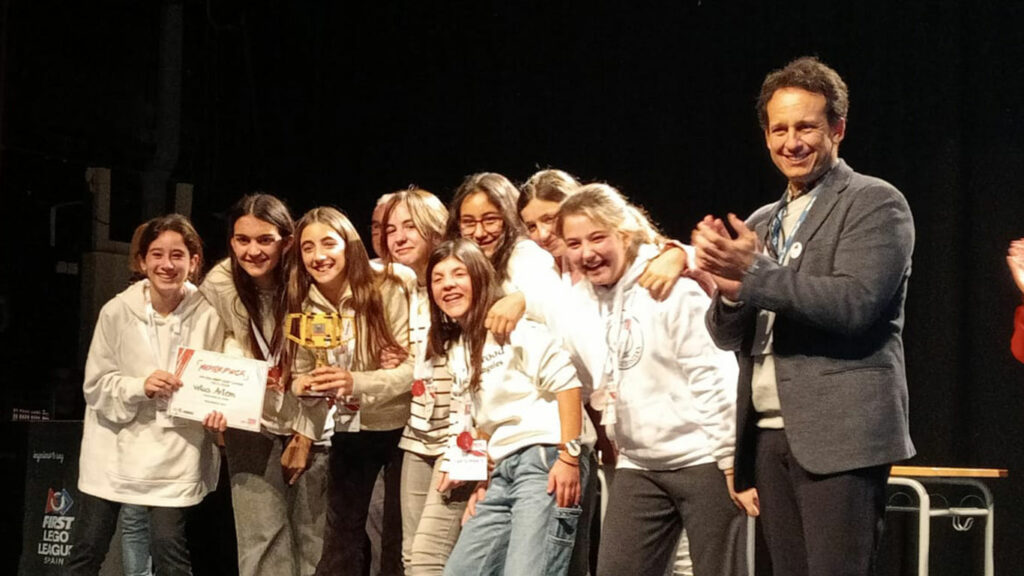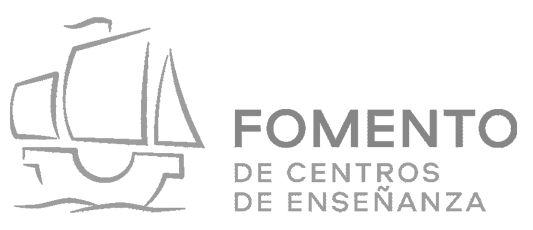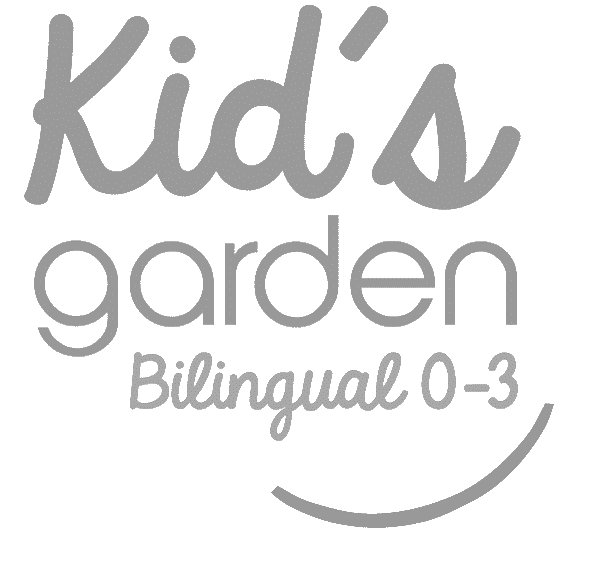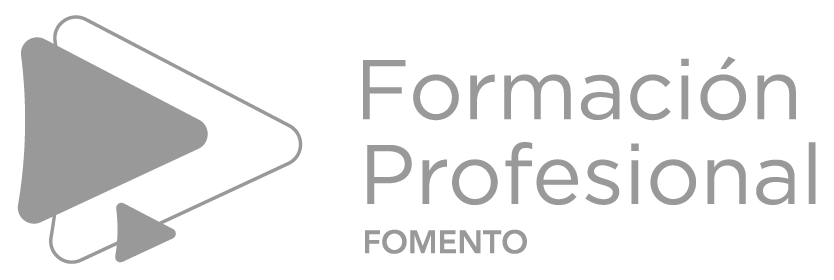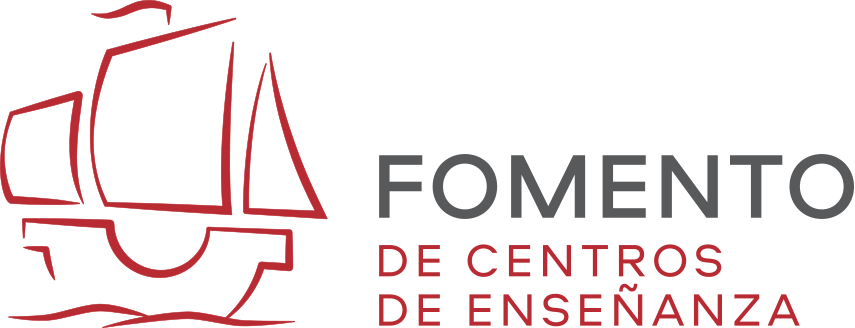Marta Ferrer Puga, Canigó alumni of Class 10, has been included in the list of the best doctors in our country 2023 according to El Confidencial, in the area of Allergology. Graduated in Medicine and Surgery from the University of Zaragoza, she is a doctor and specialist in Allergology from the Clínica Universidad de Navarra.
Extraordinary Doctorate Award, she completed her postdoctoral training at the State University of New York and later worked as a Research Associate at the Medical University of South Carolina; from where she joined the University of Navarra Clinic. She is the Dean of the Faculty of Medicine of the University of Navarra from 2022.
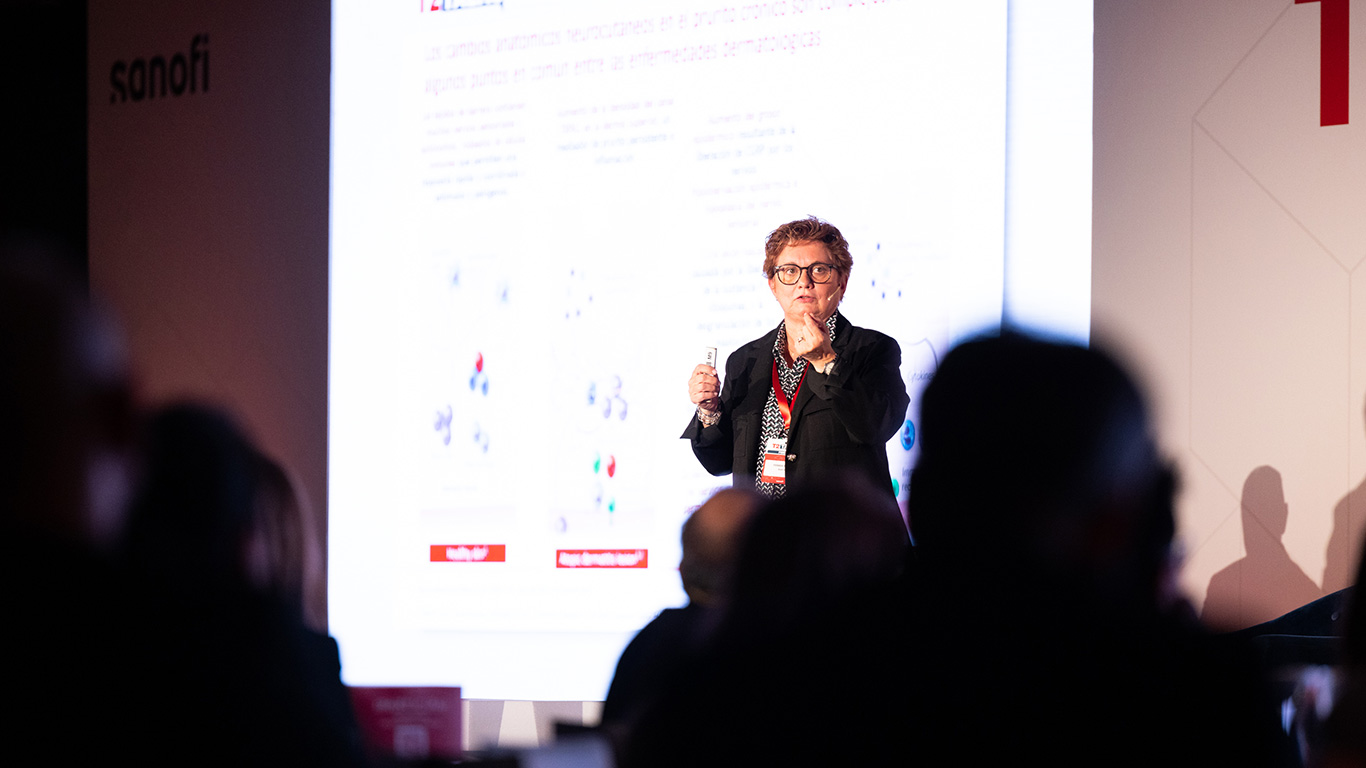
Doctor and specialist in Allergology from the Universidad de Navarra Clinic
Marta, what prompted you to study Medicine?
More than studying Medicine, I have always wanted to be a doctor with everything that it entails.
From a very young age, as in so many things, my brothers were the ‘victims’. I am still surprised by the hard face I had when they complained about pain. Then I would explore them and they would wait for my prediction about their illness, with an attentive look, which invariably ended with: “don’t worry, it will go away.”
Examples from nearby doctors played a fundamental role.
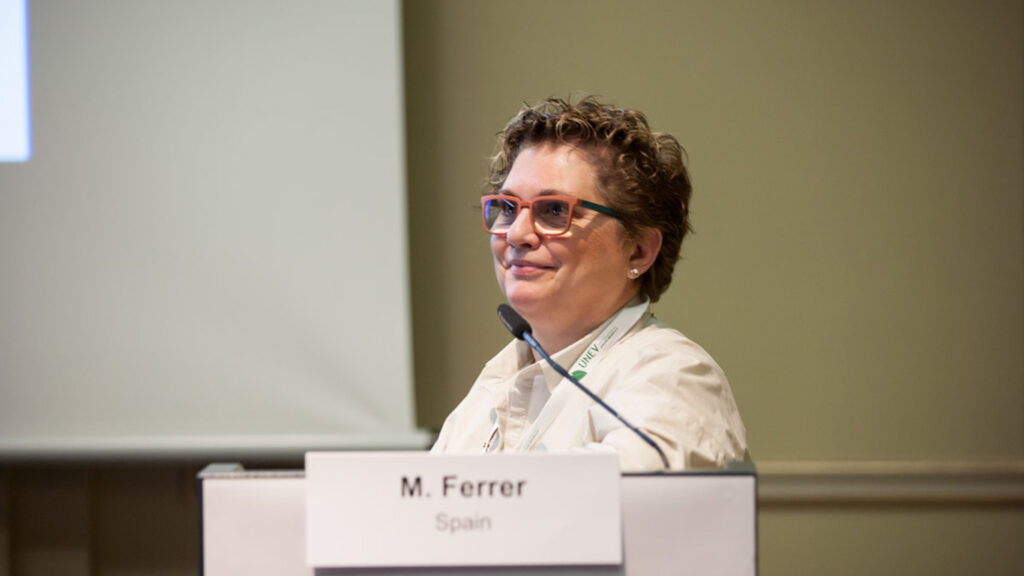
What learnings have you taken from each place where you have trained or worked (Zaragoza, New York, South Carolina, Pamplona)?
I remember that when I went to live in the United States, a colleague told me “when you leave, you will value many things that you didn’t know you had here and that you took for granted. You will also discover other things that we do not have. Then, they will become essential.” The luck of having been able to live and work in such different places has allowed me to value precisely what I thought everyone had. I have also learnt so many valuable things that you can only know by moving away from your comfort zone.
Putting into practice what I learned in each place, has, without a doubt, given me an advantage.
You dedicate yourself to research and teaching. Why did you decide to dedicate yourself to teaching and what do you like the most?
Sometimes teachers make things that are tedious and boring the most fascinating thing that exist, which is what we call learning.
Thanks to the dynamism of the University of Navarra, which facilitates innovation, we have been able to launch an integrated curriculum: with active methodologies with a drastic reduction in master classes (in third grade they are in the hospital all morning and two afternoons because they have case resolution in groups); a curriculum in which, with great effort from teachers, traditional subjects have been replaced by integrated subjects with collaborative classes and complex simulated scenarios.
I have also been moved by the example at home; my mother, a History teacher first at University first and then at school, told us with so much enthusiasm about the transition from the old regime to the new one that it seemed like a story to me, an exciting adventure that I still remember.
Nowadays there is a lot of talk about research. It is always said that not enough resources are dedicated and yet, it is very necessary. Why did you decide to also dedicate your life to research?
I have always been fascinated with understanding why everything happens, the non-conformity of not staying with things as they are. Consider them differently, look for solutions. I think it is important to promote investigative minds in children as well to encourage creativity: disorder, improvisation, the apparent loss of time that awakens curiosity.
What is the relationship between researchers from different countries like?
Very good. Nowadays you cannot do research without collaborating with other groups. We are heading towards an investigation in which the amount of data is going to make a difference and this will only be possible with collaborations and networking.
In June 2023 you were awarded the "Clemens Von Pirquet" award for your research career. What has this recognition meant to you?
The truth is that I didn’t expect it and I truly don’t think I deserved it. It is like section radars: it recognizes a research trajectory. It is fundamentally due to the research I have dedicated to a disease that greatly alters the quality of life and is often misunderstood: chronic urticaria. I’m happy because it is a recognition of the level of allergology in our country and the level of research of the Clínica Universidad de Navarra and all my researchers and colleagues.
What does it mean to be on the list of “The best doctors in Spain” according to “El Confidencial”?
Maybe a certain responsibility. The patient may have more expectations. This leads me to be more honest, a better educator and to study more. As the Americans say, now I have to “run the extra-mile”. I hope that when they leave the consultation they think “it hasn’t healed me, but I feel that from now on I’m not going to get sick alone.”
To a student who is considering studying Medicine, what advice would you give them?
I would tell them that studying Medicine is not a goal but a starting point; that it is worth the effort, that she should look for references, that what Medicine needs now are empathetic, upright people who know how to work as a team; people who are good communicators, eager to help others.
Knowledge may be affordable for everyone, but these essential qualities will be essential and cannot be improvised.
I can imagine the answer, but is the work done so far worth it?
Of course! As in all paths, more than reaching a goal, the important thing is what you learn and what you enjoy along the way.
Let's talk about your childhood. How was your time in Canigó?
The truth is that in Canigo I had such a good time that on many occasions I went over the limit of what was acceptable. I deeply admire that the teachers, instead of despairing, had the patience to see beyond that restless, hyperactive and rebellious student.
They taught me with facts the pedagogical model that I now put into practice. I partially owe them where I have arrived, because I perceived that they trusted that girl with unpredictable glasses, which was me. What in education is called the hidden curriculum (learnings made by students through example, of what is not said) was so powerful that it had a transformative force.
What memories do you have?
The number of memories is always proportional to the happiness with which they have been lived.. I have all kinds: from convincing the entire class to go into the closets before class and the teacher pretending that nothing was happening until the day that – in an unusual attack of responsibility – I finished the pre-technology work on the famous burlap on the bus route, and when I was going to put away the arduous task, I had sewn everything to my skirt.
What is the most valuable thing you learned at school?
The most valuable thing I have received from school has been an education full of naturality which encouraged me to be myself,but also to live the presence of God as something natural.
I think that a society is mature to the extent that it encourages and supports school education and recognizes the work of teachers.
